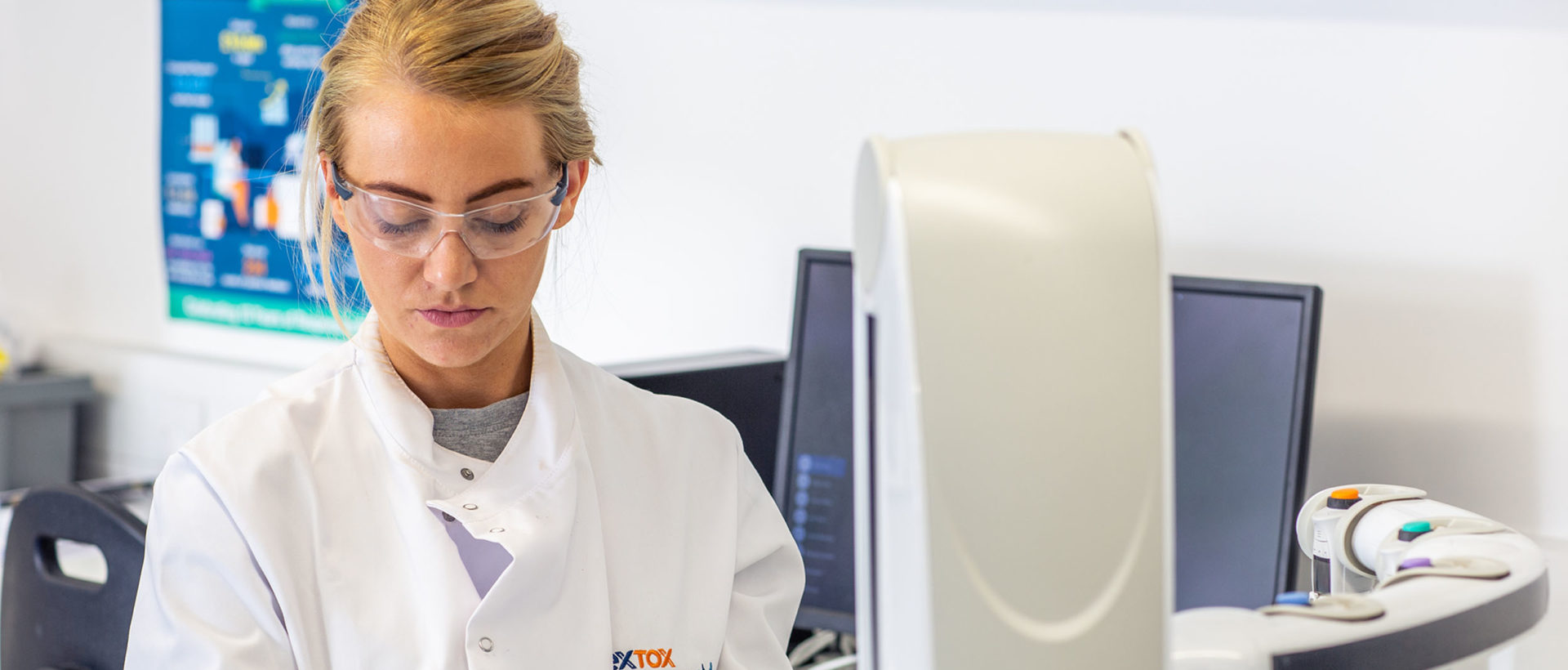Alcohol testing in family law can be used for various reasons, but the primary purpose is to determine whether a parent or caregiver is abusing alcohol and potentially endangering the safety and well-being of a child or children. Alcohol abuse can negatively affect parenting skills, decision-making, and judgement, creating an unstable and unsafe environment for children.
Different Types of Alcohol Testing in Family Law
A court may order alcohol testing in situations such as child custody disputes, adoption proceedings, or dealing with allegations of abuse or neglect. The testing can establish the presence or absence of alcohol in a person’s system and the amount and frequency of alcohol consumption. This information can be used to make decisions about child custody or visitation and can also be used to determine whether a person needs treatment for alcohol abuse.
At Lextox, we carry out hair alcohol testing and blood alcohol testing; additionally, we can also carry out SCRAM Continuous Alcohol Testing.
Hair alcohol testing
Hair alcohol testing by Lextox provides legally defensible analysis results and Expert Reports accepted in all UK family courts. In addition, our hair alcohol test detects two types of alcohol markers as standard to help assess chronic excessive alcohol consumption. Two markers ensure a high degree of certainty in the analysis results and help in the mutual confirmation of the results.
Blood alcohol testing
Lextox produces Expert Analysis Results from our blood alcohol tests that all UK courts accept. We offer three types of blood tests (Liver Function, Carbohydrate Deficient Transferrin and Phosphatidylethanol) for an accurate interpretation. We recommend using hair alcohol testing in conjunction with either Carbohydrate Deficient Transferrin and Liver Function or Phosphatidylethanol blood tests.
SCRAM continuous alcohol testing
SCRAM testing is an innovative way to test a participant’s alcohol consumption over a period of time, and the SCRAM bracelet allows for 24/7 alcohol testing through scientifically proven technology that is the first of its kind. The bracelet provides information regarding alcohol consumption every 30 minutes and can be used to ascertain a detailed pattern of alcohol consumption over a period of time. Whilst complete abstinence cannot be confirmed, very low alcohol consumption (1-2 units) can be determined.
Using an Accredited Laboratory for Accurate Results
When using alcohol testing in family law, getting accurate results from a trusted and suitably accredited laboratory is essential. At Lextox, we are certified with ISO 17025, which means we adhere to specific standards recognised by governments and, as such, are trusted by courts and local authorities.
If you have any questions about alcohol testing for family law, which test would be best for your case, or anything else, our experienced team is here to help. Call us at 029 2048 4141 or email [email protected], and a team member will be in touch as soon as possible.
Published 04/04/23 – All information correct at time of publication

